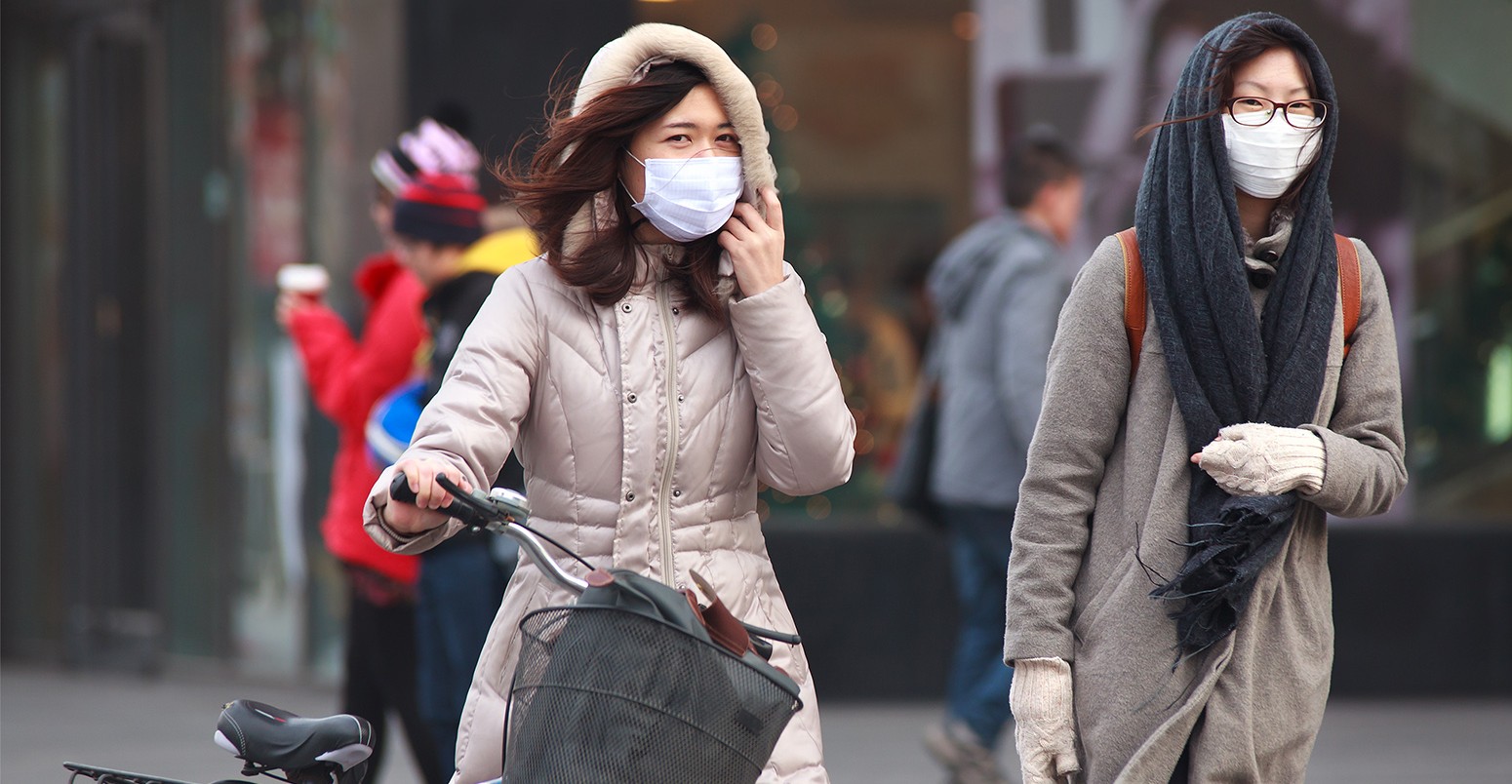Climate change represents one of the most pressing challenges of our time, with far-reaching consequences that extend well beyond environmental concerns. As global temperatures continue to rise and weather patterns become increasingly unpredictable, the impact on human health has emerged as a critical public health crisis. The World Health Organization estimates that climate change is already causing approximately 250,000 additional deaths annually from malnutrition, malaria, diarrhea, and heat stress.
This alarming statistic underscores the urgent need to understand how environmental changes directly affect our physical and mental well-being. From extreme weather events to shifting disease patterns, the health implications of climate change are both immediate and long-term, affecting vulnerable populations disproportionately and creating new challenges for healthcare systems worldwide.
Direct Health Impacts of Rising Temperatures
Heat-Related Illnesses and Mortality
Rising global temperatures pose immediate threats to human health through heat-related illnesses. Heat exhaustion, heat stroke, and dehydration become increasingly common as extreme heat events intensify. Vulnerable populations, including the elderly, children, and those with pre-existing medical conditions, face the highest risk. Urban areas experience amplified effects due to the heat island phenomenon, where concrete and asphalt absorb and retain heat, creating temperatures significantly higher than surrounding rural areas.
Cardiovascular and Respiratory Stress
Extreme heat places additional strain on the cardiovascular system as the body works harder to regulate temperature. This increased stress can trigger heart attacks, strokes, and other cardiovascular emergencies. Additionally, high temperatures often coincide with poor air quality, exacerbating respiratory conditions such as asthma and chronic obstructive pulmonary disease.
Climate Change and Infectious Disease Patterns
Vector-Borne Disease Expansion
Climate change significantly alters the distribution and behavior of disease-carrying vectors such as mosquitoes, ticks, and flies. Warmer temperatures and changing precipitation patterns create favorable conditions for these vectors to expand their geographical range and extend their active seasons. Diseases like malaria, dengue fever, Zika virus, and Lyme disease are spreading to previously unaffected regions, putting new populations at risk.
Water-Related Health Risks
Changing precipitation patterns and extreme weather events affect water quality and availability. Flooding can contaminate water supplies with pathogens, leading to outbreaks of waterborne diseases such as cholera, typhoid, and hepatitis A. Conversely, droughts can concentrate pollutants in water sources and reduce access to clean water for sanitation and hygiene.
Air Quality and Respiratory Health

Wildfire Smoke and Particulate Matter
Climate change increases the frequency and intensity of wildfires, releasing harmful particulate matter and toxic gases into the atmosphere. Air pollution from wildfire smoke can travel thousands of miles, affecting air quality in regions far from the fire source. This pollution exacerbates respiratory conditions, increases hospital admissions, and contributes to premature deaths.
Ground-Level Ozone Formation
Higher temperatures accelerate the formation of ground-level ozone, a key component of smog. This pollutant irritates the respiratory system, reduces lung function, and increases the risk of respiratory infections. Children and individuals with pre-existing respiratory conditions are particularly vulnerable to ozone exposure.
Mental Health and Climate Change
Climate Anxiety and Psychological Stress
The psychological impact of climate change manifests through climate anxiety, eco-grief, and stress related to environmental degradation. Individuals may experience feelings of helplessness, fear about the future, and grief over environmental losses. These mental health challenges are particularly pronounced among young people who feel uncertain about their future in a changing climate.
Displacement and Community Disruption
Extreme weather events and gradual environmental changes force communities to relocate, disrupting social networks and support systems. This displacement can lead to increased rates of depression, anxiety, and post-traumatic stress disorder, particularly among vulnerable populations who lack resources for adaptation.
Protecting Public Health in a Changing Climate
Addressing the health impacts of climate change requires comprehensive strategies that include improving healthcare system resilience, implementing early warning systems for extreme weather events, and developing climate-adaptive public health policies. Communities must invest in sustainable infrastructure, promote clean energy alternatives, and strengthen social support networks to protect the most vulnerable populations from climate-related health risks.

